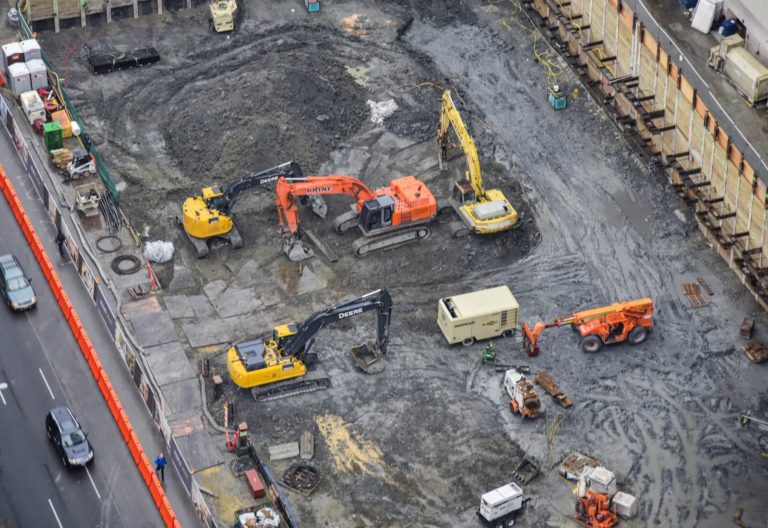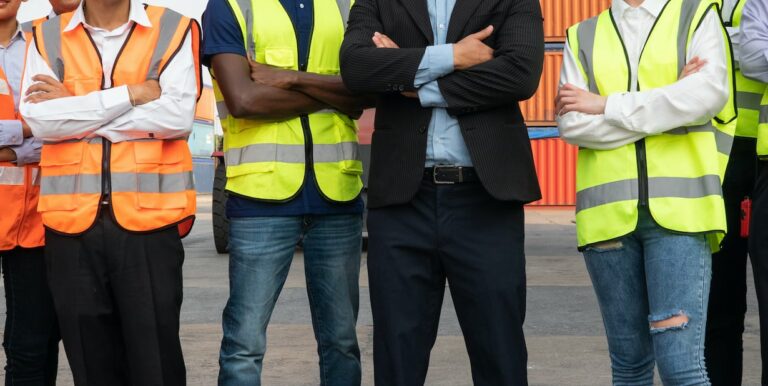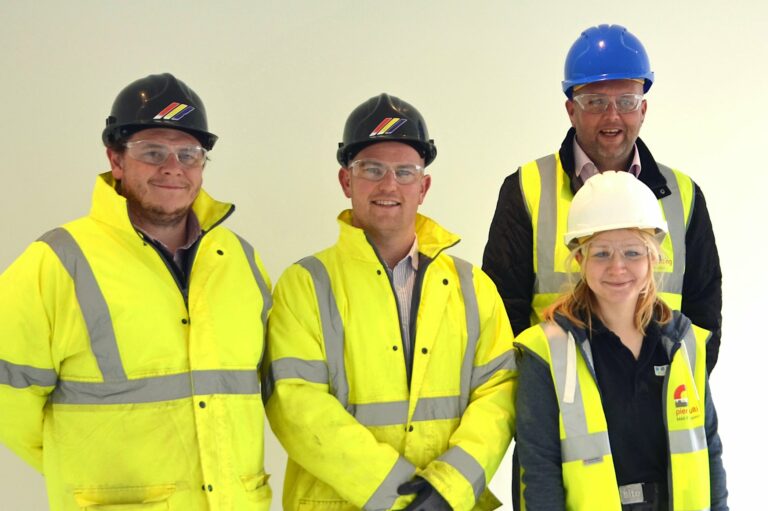Why are GOOD construction workers so hard to find?
A number of factors have combined to create a ‘perfect storm’ within our sector. Now, it’s harder than ever before to find good construction workers.
Brexit caused a ‘big drop in younger skilled workers from the EU’ and COVID resulted in ‘a faster than expected loss of older more experienced workers born in the UK.’ Whilst the current pool of construction workers gets smaller, demand continues to rise.
Finding good construction workers is becoming increasingly difficult across the UK.
No matter where you are in the UK, construction was hit hard by Brexit, and the industry wasn’t able to recover before COVID caused even more staff shortages. On top of circumstantial changes, we’ve also got internal problems within our industry.
The problems caused by an ageing construction workforce.
As our workforce gets older, it’s natural to lose more skilled workers as they retire. Sadly, there aren’t enough younger workers ready to take their place. Instead, we are facing a skills shortage: jobs are available, but we don’t have enough workers to take them on.
In fact, according to the Construction Skills Network, by 2025, ‘Welsh construction firms will need to recruit 9,250 new workers just to meet demand’.
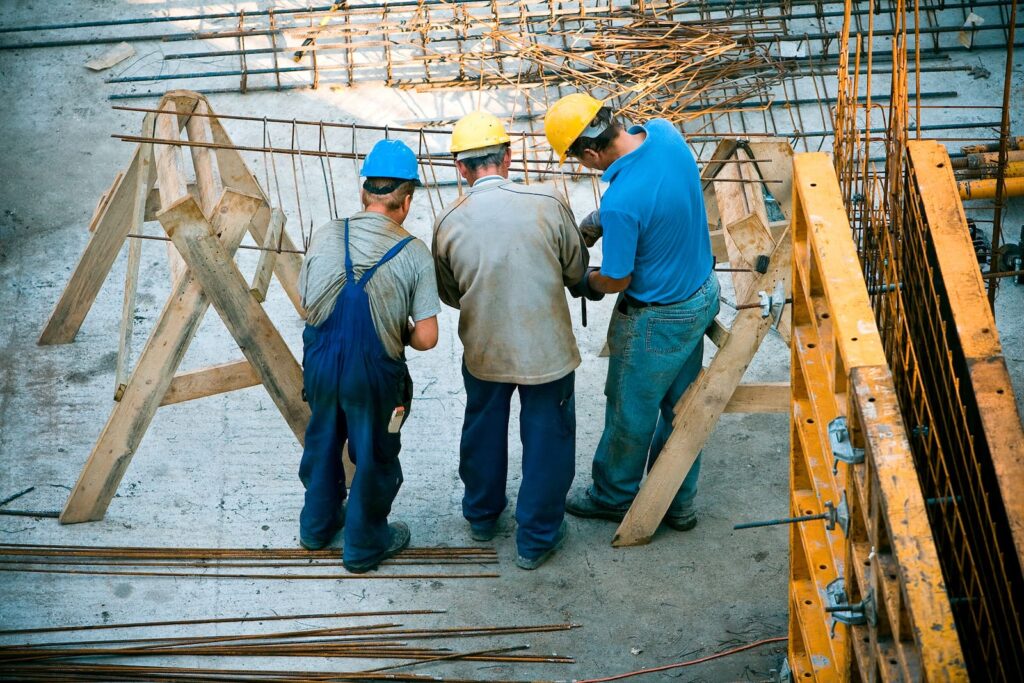
Being a construction worker isn’t as appealing as it used to be.
Younger generations have been put off entering the construction sector. The real problem began about 40 or 50 years ago, when a four year university degree became the way to demonstrate success. Teenagers and young people started looking at academia rather than practical skills.
Add this notion to the outdated view that the construction sector is full of male dominated environments, unreliable work, and jobs that don’t pay particularly well, and is it any wonder that most parents don’t encourage their children to start a career in construction?
Granted, our sector is making strides in changing the next generation’s perception of construction, but it’s not making a difference quick enough for us to see an immediate improvement in the number of workers.
Current events have made the issue of finding good construction workers even worse.
The impact of COVID on the construction workforce.
When the world came to a standstill thanks to the COVID pandemic, many older workers decided to take early retirement, or change sectors, rather than waiting to get back into construction.
While construction and trades were deemed “essential” early on (which we can agree was good for business), only about 80% of the construction workers who initially lost their jobs due to COVID-19 returned.
When the world of construction ground to a halt, many younger workers moved to another sector where they found better pay and conditions. When the pandemic came to an end, they stayed put – they didn’t have a reason to return to construction.
The current cost of living crisis and construction.
With the cost of everything going up, construction worker wages aren’t rising quick enough to match. Construction is often deemed to be an unreliable source of income, where workers are paid by the job rather than given a steady wage, and that’s simply not a sustainable option for workers in the current economic climate.
Brexit.
Since the Brexit referendum, the cost of materials and labour have increased dramatically. ‘Between 2015 and 2022 the cost of construction materials including cement, timber and steel increased by 60%’, and ‘the cost of labour in the UK went up by 30%’.
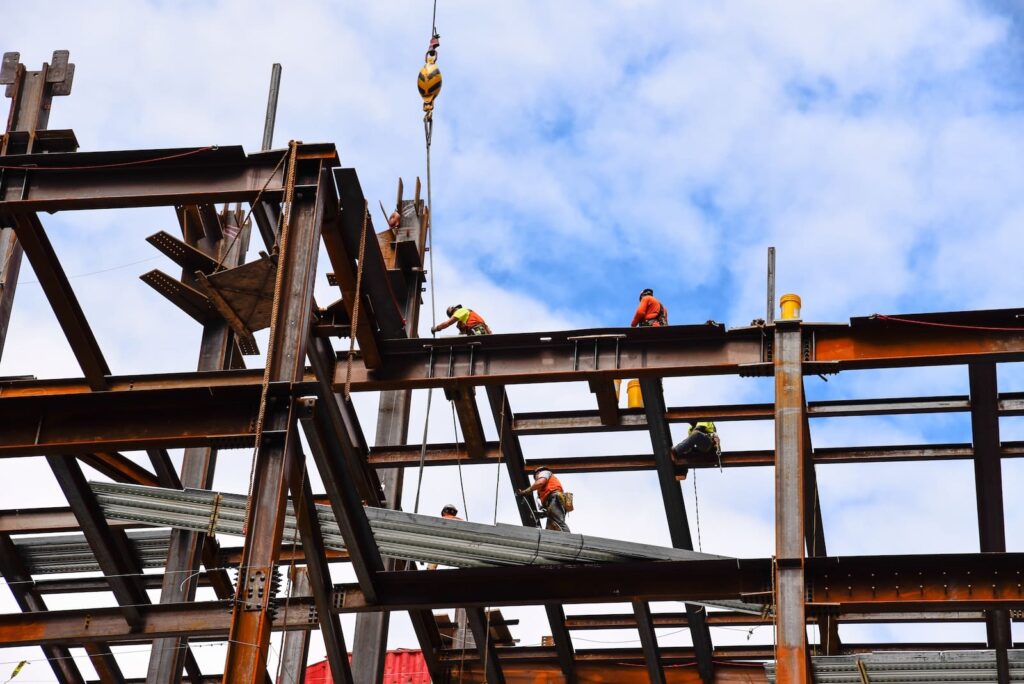
Combine these increases with the increase in costs caused by the cost of living crisis, and it’s no wonder construction is feeling the strain.
Brexit also meant we lost good quality workers – all at once. In London, which has the highest concentration of migrant construction workers in the UK – where half of the workforce are migrant workers – the number fell by 15%, from 145,000 in 2019, to 125,000 in 2020.
What does the construction industry need to do to address these issues?
There’s no doubt that certain factors are entirely out of our control, but there are still things we can do to help our industry revive and thrive.
Create a more inclusive workforce.
Construction workers are often stereotyped by those within and outside of the industry, and pushing against those stereotypes is one way we can begin to bring new talent into our industry. Many younger workers have transferable skills that would be ideal for construction, but they need to know there are roles out there that are suited to them.
It’s up to us to start to look outside the box and encourage the next generation to think seriously about a career in construction.
Provide better pay and conditions.
Regardless of how well we attract new workers, no one is going to stay unless we pay workers what they deserve. Workers need to afford to live and have money to support families, socialise, and enjoy their lives outside of a construction site – no one should live to work.
Better working conditions can mean lots of different things, including the physical environment of a construction site. Over 30% of all construction sites have no hot water, and no toiletry facilities for workers. That would be unimaginable in any other sector, so why is it acceptable in ours?
Encourage better education opportunities.
Apprenticeship schemes are vital to secure the future of construction, but companies need to support new initiatives. Offering support for apprentices and providing roles that are suitable for newly qualified workers is key, especially as a university education is becoming less appealing than it used to be.
As well as educating new workers, we should offer all workers training opportunities throughout their career. Everyone should have the chance to progress if they’d like to.
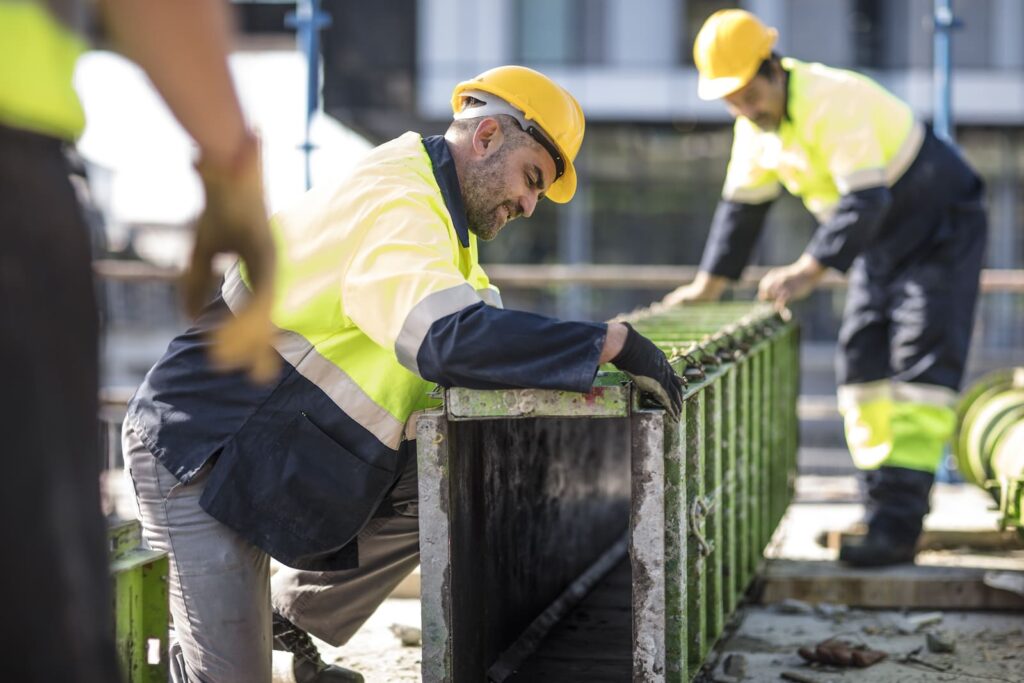
So, how can we find the construction workforces we need right now?
While apprenticeship schemes are great for the future, they’ll do little to fill the workforce gap right now. Instead, if you’re struggling to find good construction workers, it might be time to consider a different approach.
Use social media.
Social media is at the centre of our lives, and it’s almost impossible to ignore. If you’ve managed to avoid using social media for work this far, now is the time to make a change.
A good social media presence can not only help you reach more potential workers, but it can boost your reputation, helping your business be seen as human, approachable, and trustworthy.
We’re not suggesting you need to get on the TikTok scene (although who knows, maybe that’s the way to go!), but regularly updating a Facebook profile or LinkedIn account is a free and easy way to promote your business.
Make use of a good recruitment company.
Outsourcing recruitment to construction agencies can often be a cost effective (and time effective) way to find the right workers for your business.
At Pier, we have a database of dedicated, reliable, and skilled workers you can trust to get the job done. Our role is to make your life easier, and by creating a bespoke workforce for your business, you can cross recruitment off your list.
When you don’t have the time to dedicate to finding good workers, you might be tempted to recruit anyone you can as quickly as possible. Sadly, this will often result in a high staff turnover that eats into your profits and pushes back your timelines.
Developing good relationships with a recruiter you trust can be the difference between taking on new projects, and getting stuck in the endless cycle of recruitment.
Get in touch today to find out how we can help you find the good construction workers you need.
Reference
- https://www.constructionenquirer.com/2021/12/08/pandemic-detonates-workforce-age-timebomb/
- https://www.bbc.co.uk/news/uk-wales-57410235
- https://www.constructiondive.com/news/constructions-career-crisis-jobs-shortage-skilled-trades-work/608331/
- https://buildertrend.com/blog/hire-construction-workers-labor-crisis/
- https://www.theguardian.com/politics/2023/jan/24/brexit-uk-construction-costs-eu
- https://www.constructionenquirer.com/2021/12/08/pandemic-detonates-workforce-age-timebomb/
- https://www.ciob.org/media-centre/news/one-four-construction-workers-consider-suicide-finds-ciob-report



